They are often in the background of criminal investigations, however their role is central: to determine the causes of a death, to lift doubts, and sometimes, to reveal a murder. Belgian forensic doctors today alert on a breathless system.
In the basements of a Brussels hospital, Doctor Grégory Schmit is busy around the body of a deceased man the day before. The autopsy promises to be delicate: “It should be noted if he died of intoxication or if there has been something else, as a strangulation that we sometimes do not see on the external examination”, he explains. Finally, no suspect sign is noted. Toxicological analysis will confirm an overdose of amphetamines, methamphetamines and possibly MDMA.
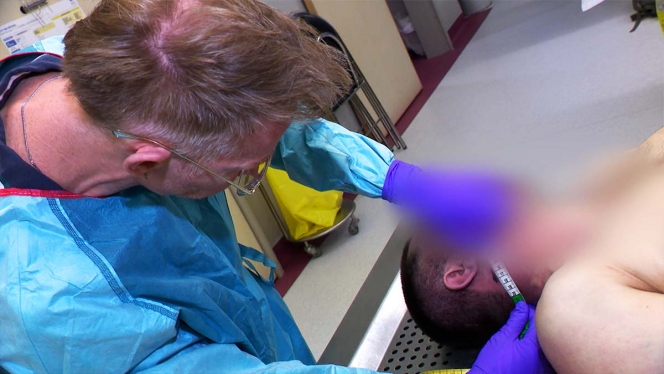

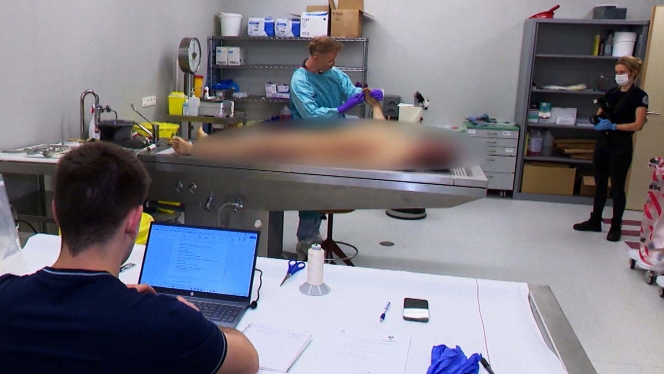

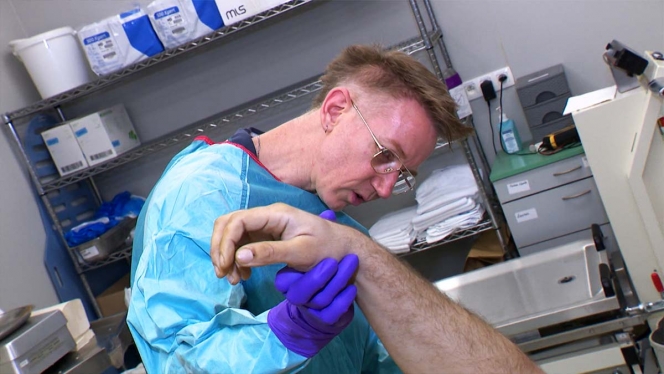

But for this medical examiner, this case also illustrates a broader issue: “We do not achieve enough autopsies in Belgium, at the risk of missing out certain homicides. »»
Effective people divided by two in twenty years
Grégory Schmit began his career in 2007, at a time when Brussels had six forensic doctors. There are only three of them today, also covering the Walloon Brabant. A national trend: there were 42 in 2000, they are now half as much.
Philippe Boxho, another figure in legal medicine, also deplores a reduction in interventions: “Before, we were called for all violent deaths, except road accidents. Today, this is only if the case is deemed suspicious ”. Before adding: “But what seems suspicious to the police is not necessarily medically, and vice versa. »»
Potentially dramatic consequences
In Belgium, only 1 % of deaths are the subject of an autopsy, far from the 10 % recommended by the European Union. A deficiency that can leave crimes without follow -up. “I remember a lady who seemed dead with discomfort in her bathroom. The autopsy revealed that she had been stifled. It was a murder, ”says Grégory Schmit.
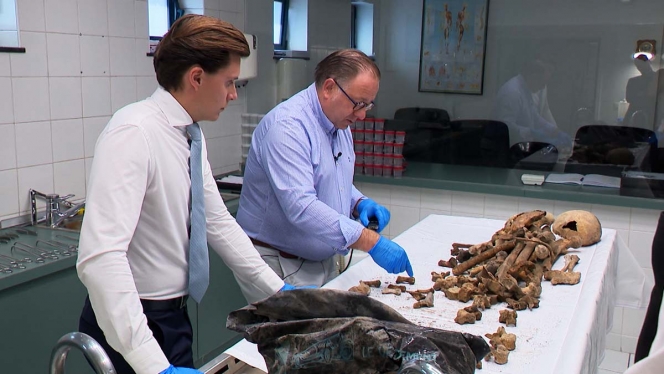

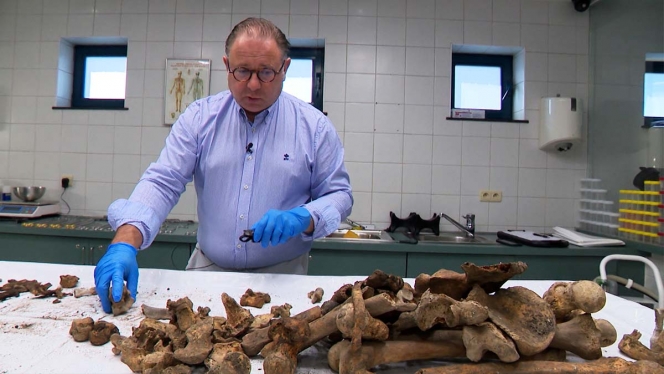

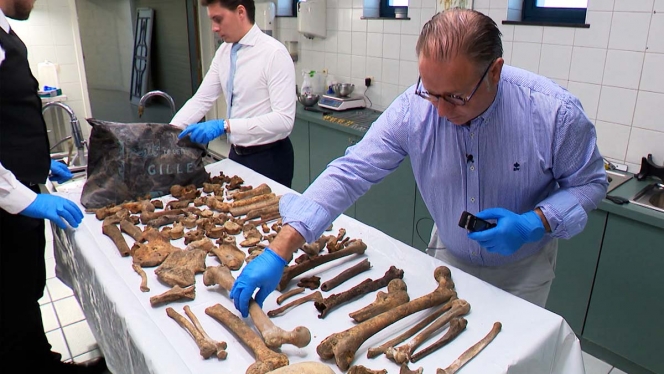

According to certain estimates, between 10 and 15 % of homicides would thus escape criminal justice, or around 70 to 80 deaths each year.
Justice faced with arbitrations
It is the magistrates who decide whether or not to mandate a medical examiner. Anne Karcher, head of the crime section at the Brussels prosecutor’s office, explains: “There are opportunity choices. If everything indicates a suicide, the autopsy can be deemed superfluous. But in other cases, it is essential to rule out any doubt. »»
Justice has limited budgets
Choices also dictated by the lack of means. For Philippe Boxho, “we call less the forensic scientists because justice has limited budgets”.
Recruit so as not to sin
François Beauthier, a recognized medical examiner, is worried: “If we do not recruit more quickly, we may find ourselves in great difficulty. More systematic checks are needed. »»
But the profession is considered unattractive: long days, unpredictable hours, few financial perspectives. “We don’t make the weight in the face of other more comfortable specialties,” he admits.
Tristan Scholzen, a young passionate assistant, is one of the few to have joined the recently profession, attracted by the diversity of cases and collaboration with justice: “We get out of the hospital a lot and we see rare things. »»
Promises of reinforcements
The Minister of Justice, Annelies Verlinden, is aware of the situation. His cabinet provides for the opening of four new medical-legal centers, two of which by the end of the legislature. Ultimately, Belgium would have six. Additional means must be discussed in the next budget.
A positive signal, but still insufficient according to professionals in the sector, for whom each missed autopsy is a potentially lost truth.

